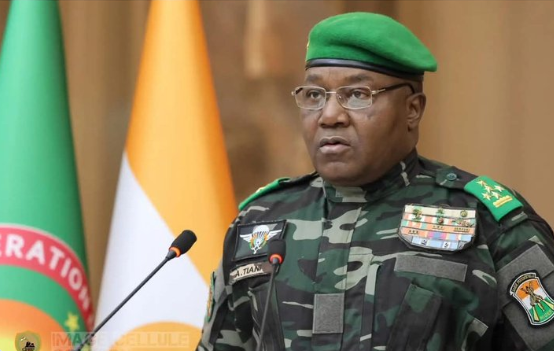Niger, Mali, and Burkina Faso intelligence agencies plan to name Nigerian politicians allegedly backing North-West bandits, says security analyst Zagazola Makama.
Intelligence agencies from Niger, Mali, and Burkina Faso are reportedly finalizing plans to release the names of senior Nigerian politicians allegedly linked to the sponsorship of armed bandit groups operating in Nigeria’s North-West region.
The revelation, which could send shockwaves through Nigeria’s political landscape, was disclosed by renowned security analyst Zagazola Makama. He noted that the development marks an unprecedented level of cross-border cooperation among West African states in their fight against violent criminal networks.
Background to the Crisis
For more than a decade, Nigeria’s North-West has been plagued by a wave of banditry, kidnapping, and communal violence. These armed groups—often heavily armed and mobile—have targeted rural communities, highways, and schools, leading to mass displacement, economic disruption, and insecurity.
ALSO READ: Peter Obi Fires Back at Critics Over ‘Brother’ Remark to Olubadan
While the Nigerian government has deployed military operations and security reinforcements, the crisis has persisted, with many analysts citing corruption, weak intelligence sharing, and cross-border escape routes as key challenges.
International Intelligence Cooperation
According to Makama, security agencies in Niger, Mali, and Burkina Faso have intensified intelligence gathering around the financial and political networks believed to be enabling these criminal gangs. The agencies reportedly have detailed dossiers on Nigerian political actors suspected of offering protection or resources to bandits in exchange for influence or illicit benefits.
This new regional initiative represents a strategic security alignment among Sahelian nations, many of which face similar insurgency and banditry threats. With increased border surveillance, joint operations, and intelligence sharing, these governments aim to cut off the support systems sustaining armed groups.
Potential Political Fallout
If the names of the alleged sponsors are made public, Nigeria could witness significant political and legal ramifications. Such revelations may trigger investigations, prosecutions, and even international sanctions, especially if evidence shows cross-border funding or arms supply.
Analysts warn that this development could also reshape Nigeria’s upcoming elections by discrediting key political figures and prompting urgent reforms in security institutions.
A Turning Point for the North-West
The decision by neighboring countries to intervene reflects growing frustration over Nigeria’s struggle to contain the crisis. Experts say the North-West banditry epidemic has evolved into a transnational security issue, destabilizing trade routes, fuelling migration crises, and eroding public trust in governments.
Zagazola Makama emphasized that the region must adopt “a united front” to combat terrorism and banditry, noting that intelligence-led operations, transparent prosecutions, and tighter border controls could significantly reduce the threat.
The Bigger Picture: Sahel Security Dynamics
This development comes amid wider security shifts in the Sahel region, where coups, terrorism, and separatist movements have forced governments to rethink their defense strategies. Mali, Burkina Faso, and Niger have already formed closer military alliances and have begun to pivot away from traditional Western security partnerships toward new regional defense pacts.
Nigeria, as West Africa’s largest economy and most populous country, sits at the heart of these dynamics. Experts believe that coordinated pressure from its neighbors could spur more decisive action from Abuja, potentially reshaping the region’s entire security architecture.
What to Expect Next
The release of the alleged politicians’ names is expected to spark public outcry and demands for accountability. Nigerian authorities may face calls to cooperate fully with regional intelligence partners, conduct independent investigations, and prosecute anyone found culpable of aiding criminal groups.
Observers also suggest that these revelations could push Nigeria to sign new intelligence-sharing agreements, strengthen its border patrols, and overhaul its anti-corruption systems to prevent political protection for armed groups.
Conclusion
As Niger, Mali, and Burkina Faso prepare to go public with their findings, Nigeria stands at a critical juncture in its fight against insecurity. The coming weeks could determine whether the country moves toward greater transparency and accountability—or faces a deeper crisis of confidence in its political leadership.


